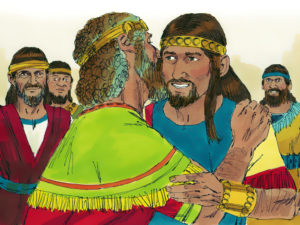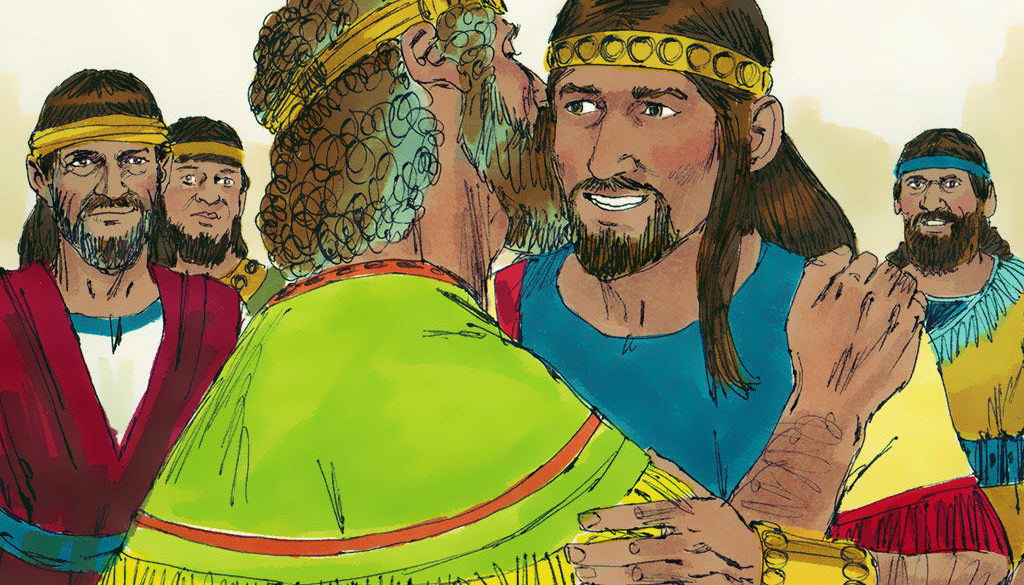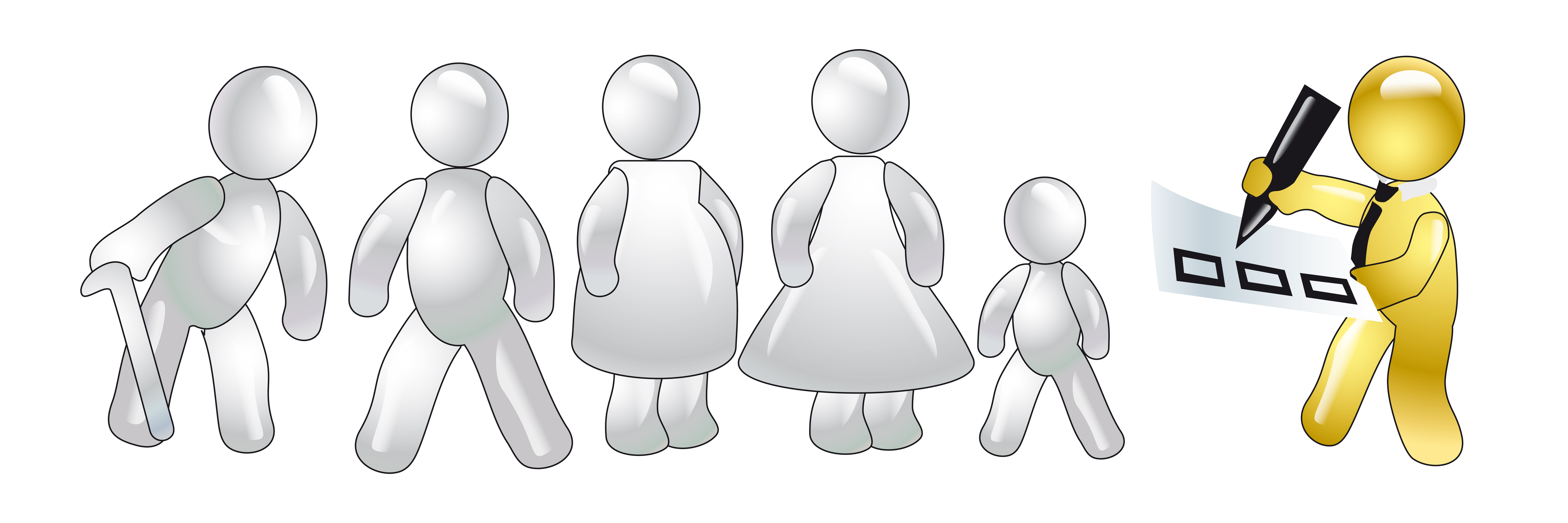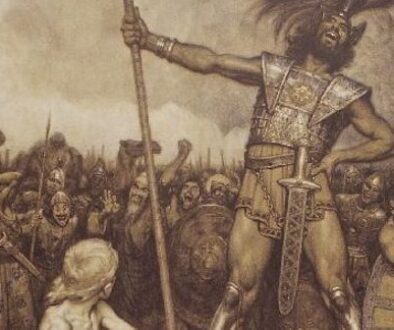2 Samuel 14:1-33 Home In Steps

Absalom fled after killing his brother Ammon. David longs to go to him but it would set a bad precedence. Joab schemes to get him home.
This story is one of forgiveness in stages. Maybe not forgiveness but restoration. After three years, David is persuaded to bring Absalom home. After making that HUGE first step it takes another two years before David is ready to welcome Absalom back.
Joab had apparently been trying to get David to bring Absalom home for some time. It has been three years since Ammon’s murder and Absalom’s escape. David’s heart has been longing to see his son again but he hasn’t done anything about that desire. And Joab’s pleas have been falling on deaf ears. Joab decides to use a method similar to the one Nathan used to change David’s mind.
When Nathan went to confront David about his sin with Bathsheba he didn’t go straight to the point. He presented David with a story he could get behind. A story similar enough to David’s own life that, once he had David’s answer on the issue, he could easily point it back to David and his situation. There are a couple of differences between Nathan’s use of a story and Joab’s though.
The first difference is ‘who’ the message is coming from. When Nathan approached David it was on the direction of the Lord. God directed Nathan to ‘call David on the carpet’ for his sin. Joab doesn’t have that authority behind his urging. Joab came out of his own desire to see things changed, not God’s.
The second difference is the degree to which the story fit David. In Nathan’s story the rich man stole the poor man’s only lamb and killed it to suit his own desires. Bathsheba was the ‘ewe lamb’ that was stolen but the owner was killed instead of the lamb. David took Uriah’s only wife when he had MANY of his own; not of need but of greed. In Joab’s story the brothers fighting in the field did so in the heat of the moment. There wasn’t premeditation behind the brother’s act. Absalom absolutely had planned to kill his brother. Bible law and our laws put a difference in punishment between intentional and spontaneous acts.
The third difference is David’s reaction. After Nathan told David his story David was outraged at the man’s behavior. When told it was his own behavior David was broken. He saw his sin and repented. When David heard Joab’s story (by proxy) he had compassion on the ‘mother’ for her plight. When told it was his own story he was immediately suspicious. “Did Joab send you?” He then needed further convincing that ‘the shoe fit’ and he should do the same for his son as he had done for hers (her pretend one anyway).
The unifying theme between the two ‘stories’ was forgiveness. David had sinned. He was guilty of adultery, coveting, lust, and murder. But God forgave him when he owned up to his sin. A penalty was still required but it was paid by another. In Absalom’s case David forgave Absalom’s debt. He deserved death but no death was required. Both stories required time for the relationship to be restored. David found his restoration complete with the birth of Solomon. Absalom found his after Joab was coerced into bringing him to the king.
And this brings us back to the BIGGEST difference. David was repentant. Absalom was not. David’s heart broke when confronted with his sin. I have no doubt that, if there was any way, he would have undone his sin. But there wasn’t. He had to move forward and work on redeeming the relationship that was left. Absalom didn’t return to Jerusalem because he was sorry for his deeds but because David’s heart allowed it. Not once do we see him repent. Even when he wants to be allowed to go to David he uses force to make it happen. He injured another to get his way. Absalom’s heart never changed. He was still the scheming man he had always been and would continue to be.
I’m wondering why Joab worked so hard to bring Absalom back. Was it to quiet David’s heart? Did he believe Absalom was guiltless because of his motives? Did he identify with Joab because of his own murder of Abner? Or did he have some ulterior motive? Did he plan to hitch himself to Absalom’s wagon of successor to David?
Did David refuse to act on Joab’s ‘advice’ because of Joab’s murder of Abner? Did David feel this made Joab biased towards Absalom? When David recognized Joab’s hand in the ‘story’ why didn’t he hold fast to his original decision? I guess the woman Joab hired was better at making his case than he was, even when his hand was discovered. SHE sold David on the idea, not Joab. And we don’t even know her name.
I wonder why Joab chose her to bring his words to David. Was there something about her that he knew would appeal to David? He certainly knew ‘her story’ would. He knew how to play David.
Did David ever regret bringing Absalom back? He certainly runs into more trouble with this son of his, which we will begin looking at next time. But did he ever wish he hadn’t allowed him to come home?
Does God ever wish He hadn’t forgiven one of our sins because WE haven’t really changed? “If we confess our sins He is faithful and just to forgive us our sins and purify us from all unrighteousness” (1 John 1:9). Is the second part of this verse where He brings us to the point of TRUE repentance? TRUE change? Absalom hadn’t reached that point and never would.
Father God, I pray I NEVER make You regret choosing me as Your own. I want to be like David when confronted with my own sin. I want to truly repent and CHANGE my behavior. I know of an area in my life where I have repented multiple times but still return to the same place of sin. Please touch this area and CHANGE my heart to the point that I can NO LONGER even conceive of returning to that sin. I will name it here because I feel I NEED to for YOU. The sin of purging. It is a sin done in private that affects my public person. A hidden sin that I DEEPLY desire to strike from my life FOREVER. I leave this part of my life in Your hands once again. Thank You for NOT letting it take hold of me again as it has in the past. Let me learn from my sins as David did from his (or at least some of his). Thank You for Your examples from the past that I can use in my life for my good.




